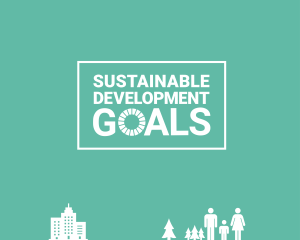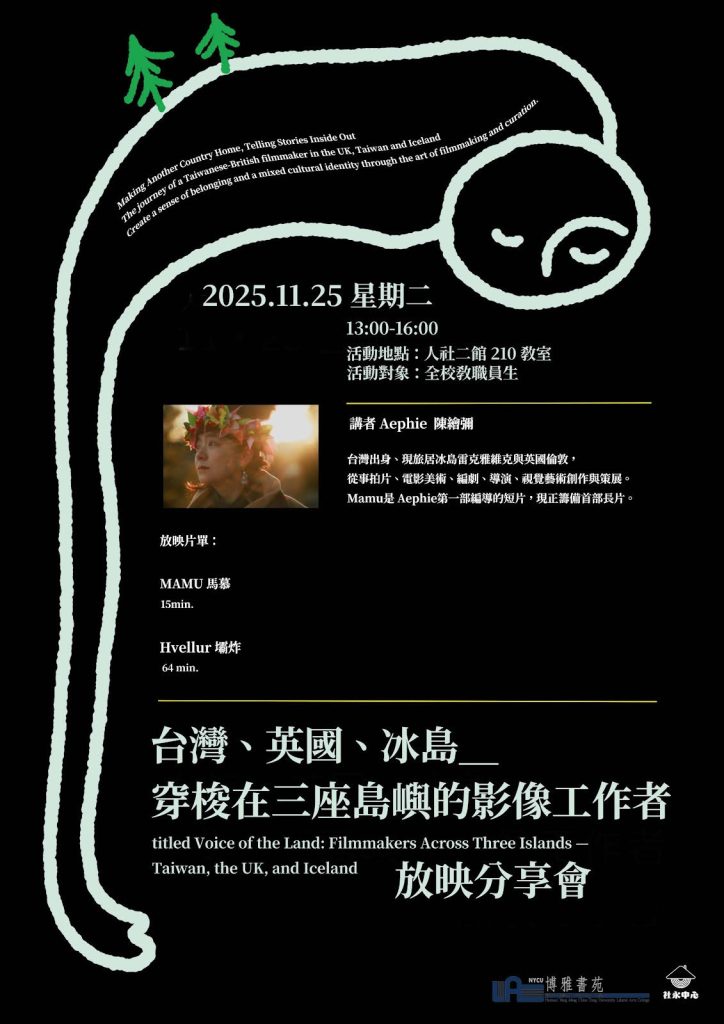More than 40,000 people in Taiwan have cardiac pacemaker implants. Scientists in Taiwan discovered a silk fibroin (SF) that converts quiescent cardiomyocytes into pacemaker cells that can beat on their own, thereby restoring the heart’s beating. This groundbreaking discovery was published in the renowned journal Nature Biomedical Engineering.

The sinoatrial node fires at a normal rate of 60–100 beats per minute. The spontaneous electric current causes the heart muscle to contract and pump blood to the whole body. However, pacemaker cells may malfunction due to aging and produce irregular heartbeat. As a result, patients may develop sick sinus syndrome and atrioventricular block, resulting in weakness, breathing difficulties, fainting, and even sudden cardiac death. The prevalence of sudden cardiac death (SCD) is approximately 2 per 100,000 person-yr for young population; the percentage of SCD may be even higher among older adults for aged ≥ 65 years.
A 2-hour surgery involving the installation of a cardiac pacemaker is currently available for treating this type of cardiac conduction disease. However, a cardiac pacemaker requires battery replacement for every 6 to 8 years, and an invasive surgery may impose risks of infection. Moreover, patients with an electronic regulator must keep their mobile phone as away from their hearts as possible to avoid interferences, prompting scientists to search alternative treatments.
Professor Dr. Tze-Wen Chung from the Department of Biomedical Engineering, National Yang Ming Chiao Tung University formed a collaborative research team with Dr. Yu-Feng Hu, Attending Physician from the Heart Rhythm Center, Division of Cardiology, Taipei Veterans General Hospital in 4 years ago. They successfully purified the silk cocoon supplied from Miaoli District Agricultural Research and Extension Station, Council of Agriculture to produce silk-fibroin (SF) and SF hydrogel. Injecting the SF hydrogel into heart of mice can convert quiescent cardiomyocytes into pacemaker cells that can beat on their own through electric discharge. Silk fibroin has been used to produce surgical sutures and artificial dressings. The research team was the first to discover that silk fibroin can induce cell transformation and bioelectricity production, in addition to its mechanical and biochemical properties.
Through animal experiments, the research team found that the SF can promote the ectopic expressions of VE-cadherin in cardiomyocytes, which initiates a series of downstream mechanisms to recharge the heart and restore the heartbeats. That is, the research team enables the heart to regenerate cells capable of electric discharge. In response to the aged and diseased sinoatrial node, the newly generated cells can continue to assume the crucial role of electric discharge in restoring the heart’s beating.

Dr. Yu-Feng Hu from the Division of Cardiology, Taipei Veterans General Hospital said that he had published a study on gene therapy that involves injecting specific genes into cardiomyocytes. However, the therapy must use adenovirus as a vector. The research team prefers the use of SF for therapy because of the concerns in relation to the side effects of using a virus as a vector—similar to that of COVID-19 vaccine.
Professor DR. Chung from the Department of Biomedical Engineering, National Yang Ming Chiao Tung University stated that the research team tried varying biomaterials while only silk fibroin could uniquely induce the transformation of cardiomyocytes to pacemaker cells. Silk fibroin is a highly biocompatible biomaterial which can be applied in artificial skin, surgical sutures, and wound dressings. Professor Chung also used SF to produce SF/HA cardiac patches for cardiac repair in MI rats. Accordingly, SF demonstrates high potentials for the applications in high-end medical materials.
Accordingly, SF with suitable properties could potentially facilitate the scalable production of biological pacemakers for human use compared to those produced by stem cell and gene transfections. The significantly finding was published in renowned Nature Biomedical Engineering journal.




